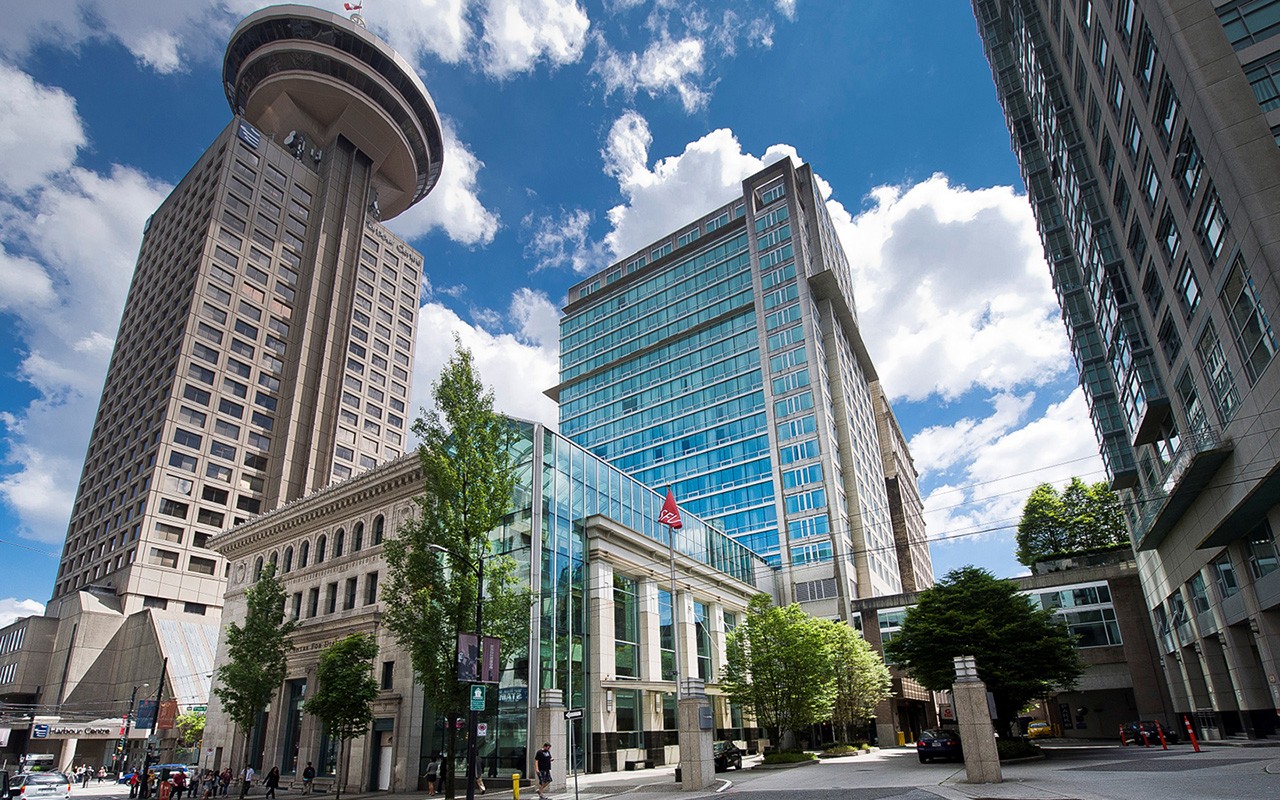Building the PgConf.Dev Programme
06 Feb 2024Update: The programme is now public.
The programme for pgconf.dev in Vancouver (May 28-31) has been selected, the speakers have been notified, and the whole thing should be posted on the web site relatively soon.

I have been on programme committees a number of times, but for regional and international FOSS4G events, never for a PostgreSQL event, and the parameters were notably different.
The parameter that was most important for selecting a programme this year was the over 180 submissions, versus the 33 available speaking slots. For FOSS4G conferences, it has been normal to have between two- and three-times as many submissions as slots. To have almost six-times as many made the process very difficult indeed.
Why only 33 speaking slots? Well, that’s a result of two things:
- Assuming no more than modest growth over the last iteration of PgCon, puts attendence at around 200, which is the size of our plenary room. 200 attendees implies no more than 3 tracks of content.
- Historically, PostgreSQL events use talks of about 50 minutes in length, within a one hour slot. Over three tracks and two days, that gives us around 33 talks (with slight variations depending on how much time is in plenary, keynotes or lightning talks).
The content of those 33 talks falls out from being the successor to PgCon. PgCon has historically been the event attended by all major contributors. There is an invitation-only contributors round-table on the pre-event day, specifically for the valuable face-to-face synch-up.

Given only 33 slots, and a unique audience that contains so many contributors, the question of what pgconf.dev should “be” ends up focussed around making the best use of that audience. pgconf.dev should be a place where users, developers, and community organizers come together to focus on Postgres development and community growth.
That’s why in addition to talks about future development directions there are talks about PostgreSQL coding concepts, and patch review, and extensions. High throughput memory algorithms are good, but so is the best way to write a technical blog entry.
Getting from 180+ submissions to 33 selections (plus some stand-by talks in case of cancellations) was a process that consumed three calls of over 2 hours each and several hours of reading every submitted abstract.
The process was shepherded by the inimitable Jonathan Katz.
- A first phase of just coding talks as either “acceptable” or “not relevant”. Any talks that all the committee members agreed was “not relevant” were dropped from contention.
- A second phase where each member picked 40 talks from the remaining set into a kind of “personal program”. The talks with just one program member selecting them were then reviewed one at a time, and that member would make the case for them being retained, or let them drop.
- A winnow looking for duplicate topic talks and selecting the strongest, or encouraging speakers to collaborate.
- A third “personal program” phase, but this time narrowing the list to 33 talks each.
- A winnow of the most highly ranked talks, to make sure they really fit the goal of the programme and weren’t just a topic we all happened to find “cool”.
- A talk by talk review of all the remaining talks, ensuring we were comfortable with all choices, and with the aggregate make up of the programme.
The programme committee was great to work with, willing to speak up about their opinions, disagree amicably, and come to a consensus.

Since we had to leave 150 talks behind, there’s no doubt lots of speakers who are sad they weren’t selected, and there’s lots of talks that we would have taken if we had more slots.
If you read all the way to here, you must be serious about coming, so you need to register and book your hotel right away. Spaces are, really, no kidding, very limited.



